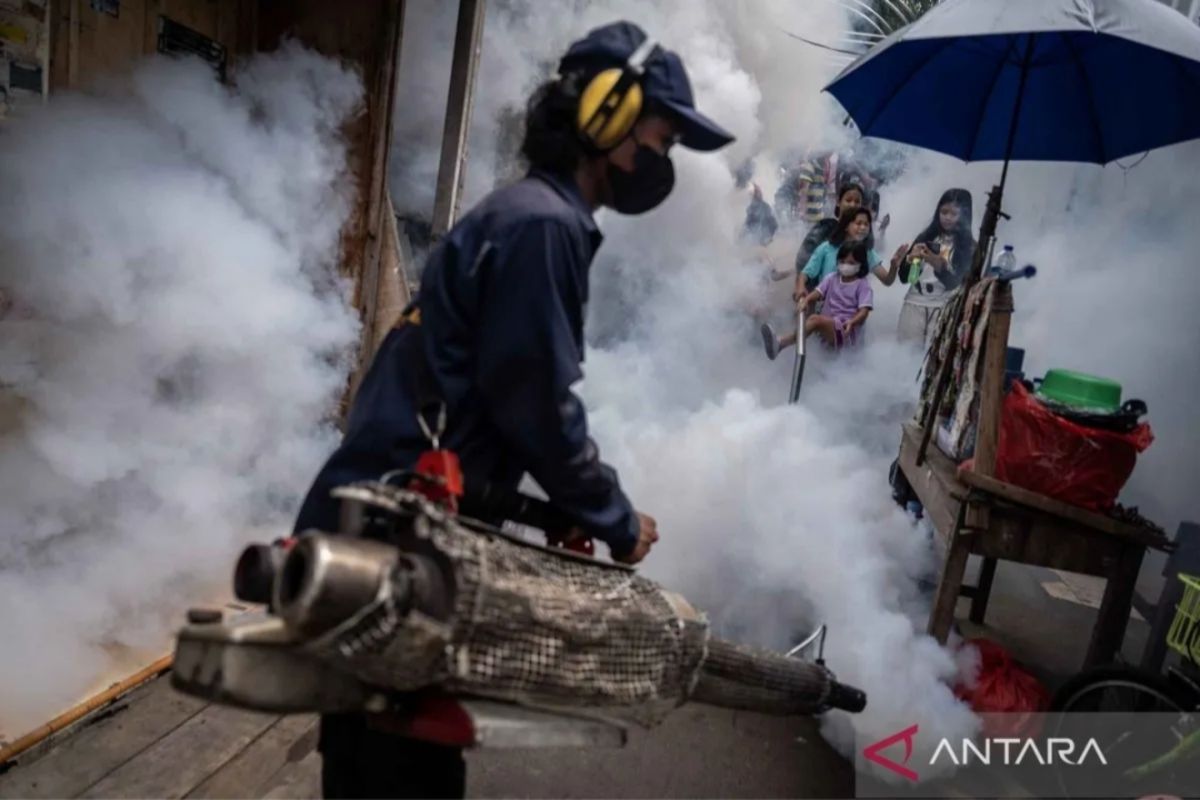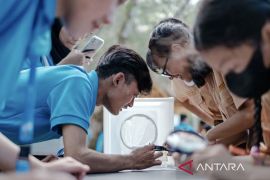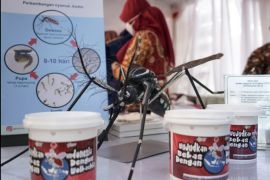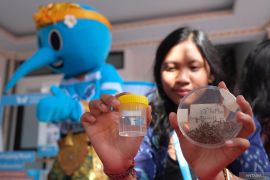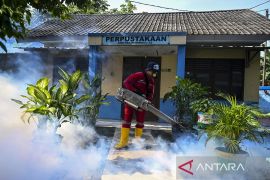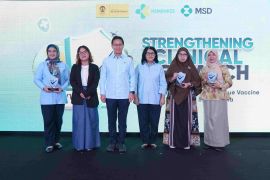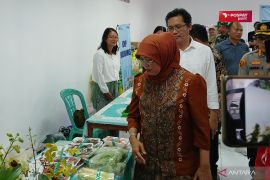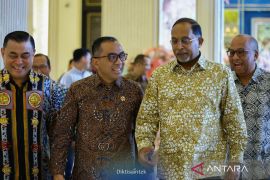The six-month period may be increased to eight or increased by two more months.Jakarta (ANTARA) - To curb dengue, the Jakarta provincial government is planning to extend the releases of mosquitos with Wolbachia to longer than six months in case the mosquito population target is not met.
"The six-month period may be increased to eight or increased by two more months," acting head of disease prevention and control at the Jakarta Health Office, Maryati Kasiman, said at a webinar on Wednesday.
The Wolbachia method involves placing Aedes aegypti mosquito eggs containing Wolbachia bacteria in an area for hatching and subsequent release. The method's implementation is considered successful if the population of mosquitoes with Wolbachia in the area reaches 60 percent of the total mosquito population.
"Later, we will conduct the launch. The initial location determined by the Ministry of Health is West Jakarta, Kembangan sub-district, North Kembangan village," Kasiman informed.
She said that the government is hoping that the program will be continued in other parts of Jakarta to realize a dengue-free city.
She further said that the Wolbachia method is an additional measure or innovation for dengue control. Thus, the 3M Plus efforts, which include draining water containers, and fogging are still needed.
According to the Ministry of Health, the Wolbachia method offers new potential for dengue control.
During the method's trials in Yogyakarta and Bantul in 2022, dengue fever cases dropped by up to 77 percent. The number of inpatients at hospitals also declined by 86 percent.
In Indonesia, the Wolbachia method is implemented by releasing male and female mosquitoes with Wolbachia to ensure their offspring also contain the bacteria to create lasting protection.
Related news: No Wolbachia transmission from mosquitoes to humans: official
Related news: Ministry targets 230 districts, cities to test Wolbachia deployments
Related news: Addition of Wolbachia locations in W Java awaiting pilot result: govt
Translator: Lia Wanadriani, Raka Adji
Editor: Azis Kurmala
Copyright © ANTARA 2024
